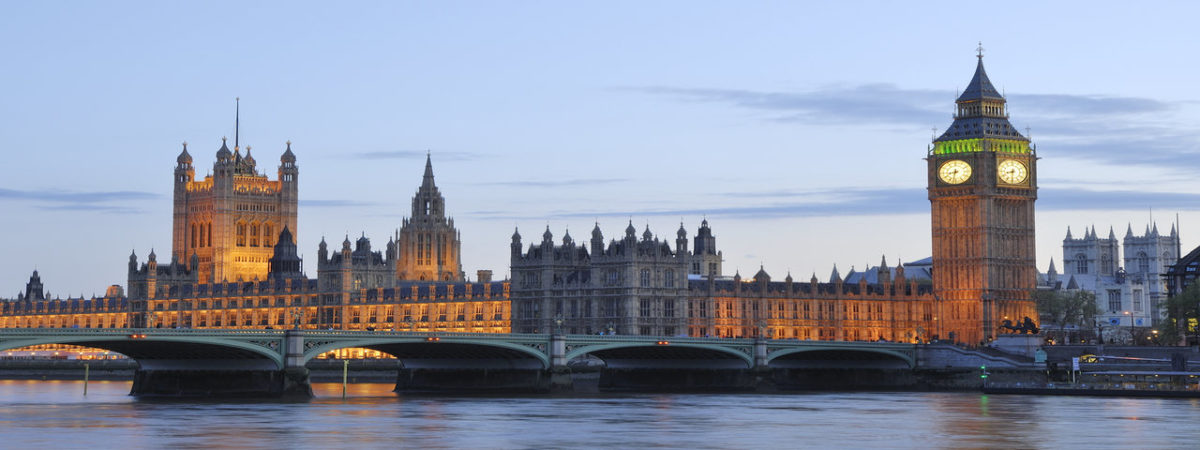Soda taxes don’t work
SUGGESTED



“In the best-case scenario, I find that taxes decrease sales of soda per capita very, very slightly (on the order of 2.6 percent per year, or about four and half 12-oz cans of soda per capita, which is less than many Americans drink per week). In the worst-case scenario, I find no statistical significance, meaning that for all intents and purposes, the effect is zero.”
Bellemare goes on to speculate about the motives behind the relentless campaign for soda taxes…
“So, notwithstanding what some people in the public health community seem to to take as an article of faith, taxing soda is unlikely to help with this country’s (or any other country’s, for that matter, given my European estimates) love affair with obesity, though it is certainly likely to contribute to the revenues of governments that levy a tax on soda.
… Generally speaking, much like the obsession with local and organic foods as instruments of public policy, the use of soda taxes often feels to me as a tactic used by some among the wealthy and educated, who are much more likely to abstain from drinking soda,* to wage a proxy culture war on the poor and uneducated, who are more likely to consume soda”
That’s about the size of it.
Further reading:
Can Public Policy stop Obesity?
Food and soft drink taxes: the whole story




